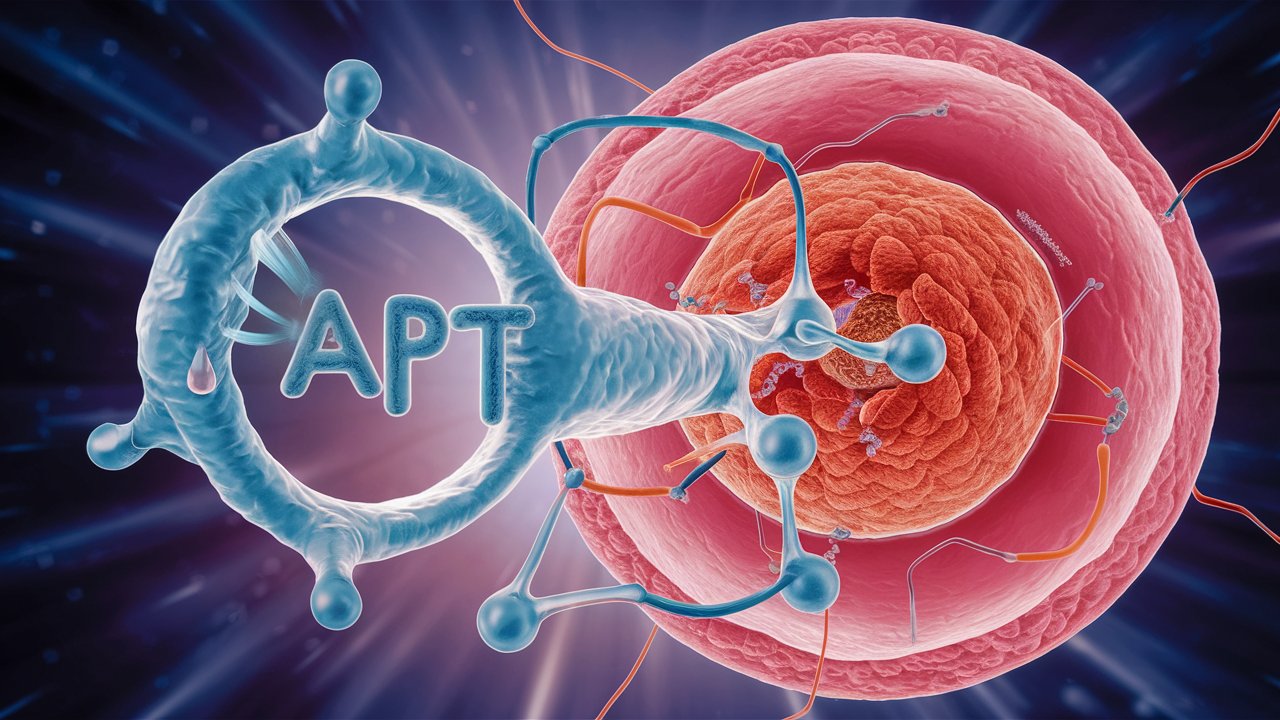
Antigen-Peptide-Transporter 2 Deficiency is a rare genetic disorder that affects the immune system. Caused by mutations in the TAP2 gene, this condition disrupts the body's ability to present antigens to immune cells, leading to increased susceptibility to infections. Symptoms often include chronic respiratory infections, skin lesions, and sometimes autoimmune diseases. Diagnosis typically involves genetic testing and immunological assessments. Treatment options are limited but may include antibiotics for infections and immunoglobulin therapy to boost the immune system. Understanding this condition is crucial for managing symptoms and improving quality of life for those affected. Let's dive into ten essential facts about Antigen-Peptide-Transporter 2 Deficiency to better grasp its impact and management.
What is Antigen-Peptide-Transporter 2 Deficiency?
Antigen-Peptide-Transporter 2 Deficiency, also known as TAP2 deficiency, is a rare genetic disorder that affects the immune system. This condition disrupts the body's ability to present antigens to immune cells, leading to increased susceptibility to infections.
-
TAP2 deficiency is a genetic disorder: This condition is inherited in an autosomal recessive manner, meaning both parents must carry a defective gene for their child to be affected.
-
It affects the immune system: TAP2 deficiency impairs the function of the immune system, making individuals more prone to infections.
How Does TAP2 Deficiency Affect the Body?
Understanding how TAP2 deficiency impacts the body can help in managing and treating the condition. Here are some key effects:
-
Increased susceptibility to infections: Individuals with TAP2 deficiency often experience recurrent bacterial, viral, and fungal infections due to their weakened immune system.
-
Chronic respiratory issues: Many patients suffer from chronic respiratory infections, which can lead to long-term lung damage.
Symptoms of TAP2 Deficiency
Recognizing the symptoms of TAP2 deficiency is crucial for early diagnosis and treatment. Here are some common signs:
-
Frequent infections: Recurrent infections, especially in the respiratory tract, are a hallmark of TAP2 deficiency.
-
Skin lesions: Patients may develop skin lesions or ulcers due to chronic infections.
Diagnosis of TAP2 Deficiency
Diagnosing TAP2 deficiency involves a combination of clinical evaluation and genetic testing. Here are some key diagnostic methods:
-
Genetic testing: A definitive diagnosis is made through genetic testing, which can identify mutations in the TAP2 gene.
-
Immunological tests: Blood tests can reveal abnormalities in immune cell function, supporting the diagnosis.
Treatment Options for TAP2 Deficiency
While there is no cure for TAP2 deficiency, various treatments can help manage the symptoms and improve quality of life. Here are some common approaches:
-
Antibiotics and antifungals: Regular use of antibiotics and antifungals can help prevent and treat infections.
-
Immunoglobulin therapy: Intravenous immunoglobulin (IVIG) therapy can boost the immune system and reduce the frequency of infections.
Final Thoughts on Antigen-Peptide-Transporter 2 Deficiency
Antigen-Peptide-Transporter 2 Deficiency, though rare, has significant impacts on the immune system. Understanding this condition helps in recognizing its symptoms early, leading to better management. The deficiency affects the body's ability to present antigens, which can result in recurrent infections and other immune-related issues.
Research continues to explore treatments and potential cures. Awareness and education about this deficiency are crucial for those affected and their families. Staying informed about the latest developments can make a big difference in managing the condition effectively.
If you or someone you know shows symptoms, consulting a healthcare professional is essential. Early diagnosis and intervention can improve quality of life. Keep an eye on new research and advancements in this field, as they offer hope for better treatments in the future.
Was this page helpful?
Our commitment to delivering trustworthy and engaging content is at the heart of what we do. Each fact on our site is contributed by real users like you, bringing a wealth of diverse insights and information. To ensure the highest standards of accuracy and reliability, our dedicated editors meticulously review each submission. This process guarantees that the facts we share are not only fascinating but also credible. Trust in our commitment to quality and authenticity as you explore and learn with us.


